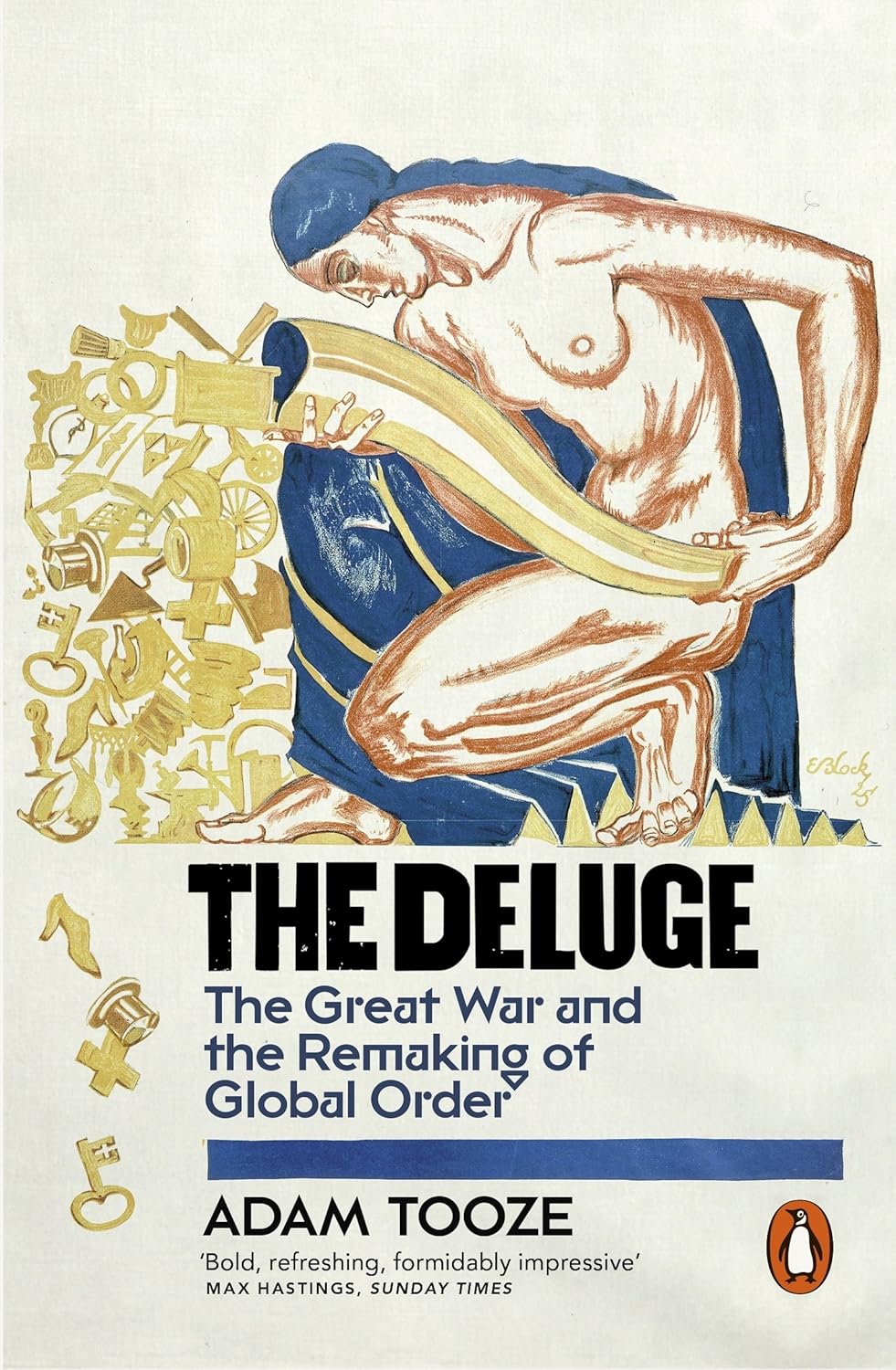As noted, Cool Hand Karl is back, hanging out with his deputies in a smoke-free salon to drink weak tea, and shoot the breeze with Bach and Mozart playing in the background.
Three of his contributions to mention here (1) the White Pill, (2) against wrecking markets by discretionary intervention, and (3) his exposure of a cluster of Platonic memes that poisoned the well of western thought.
First, The Open Society and Its Enemies (1945) and The Poverty of Historicism (1957) are intellectual White Pills. Written in New Zealand during WW2, they defend optimism and hope for the future of freedom against the Blue Pill of blindness and indifference and the Black Pill of pessimism and despair. For more on the multicoloured pills, see Dara Macdonald.
For Popper, “historicism” means historical determinism or inevitability, the belief that historical forces drive events regardless of our efforts to improve the state of the world. It is a mixed bag of concepts with the common feature that they confuse and divide the friends of freedom and make them susceptible to the effects of the blue and black pills.
The 700-page Open Society is probably too big a pill for most people to swallow these days. There is a 110 page condensed version on line and an even more condensed 55 page version. Listen to it, read it on kindle or read the collected guides on paper in The Popper Guides.
Second, his critique of ad hoc intervention by governments to obtain short-term advantage, ignoring the long-term damage.
The method of personal intervention [think of Presidential Obama’s executive orders over the head of Congress in the US and President Bidens orders to block fossil fuel projects] must introduce an ever-growing element of unpredictability into social life, and with it will develop the feeling that social life is irrational and insecure. The use of discretionary powers is liable to grow quickly, once it has become an accepted method, since adjustments will be necessary, and adjustments to discretionary short-term decisions can hardly be carried out by institutional means. This tendency must greatly increase the irrationality of the system, creating in many the impression that there are hidden powers behind the scenes, and making them susceptible to the conspiracy theory of society with all its consequences – heresy hunts, national, social, and class hostility.”
A good example at present is the capital flight from gas projects in the wake of Labor’s scheme to maintain “reasonable prices” in the face of shortages caused by the state governments in Victoria and New South Wales that blocked drilling and fracking.
Possibly influenced by correspondence with Hayek, Popper proposed;
State intervention should proceed by way of protective laws and a legal framework instead of empowering organs or agents of the state to act as they see fit to achieve the ends laid down by the rulers at the time.
The legal framework should be designed to be understandable and predictable, providing a degree of certainty and security in social life. When the framework is altered, allowances should be made, during a transitional period, for those individuals who have laid their plans in the expectation of its constancy.
The introduction of piecemeal reforms permits the application of the method of trial and error to make adjustments in the light of experience in slowly changing the permanent legal framework. In contrast discretionary decisions by politicians and civil servants are short-term, often reflexive and opportunistic, and are not usually subjected to public discussion and scrutiny before they are launched.
Third, a warning about the way Plato poisoned the well of western thought with elements of racism, collective justice, the use of revolutionary “canvas cleaning” of society and telling “Noble lies” to fool the people (for their own good.)
